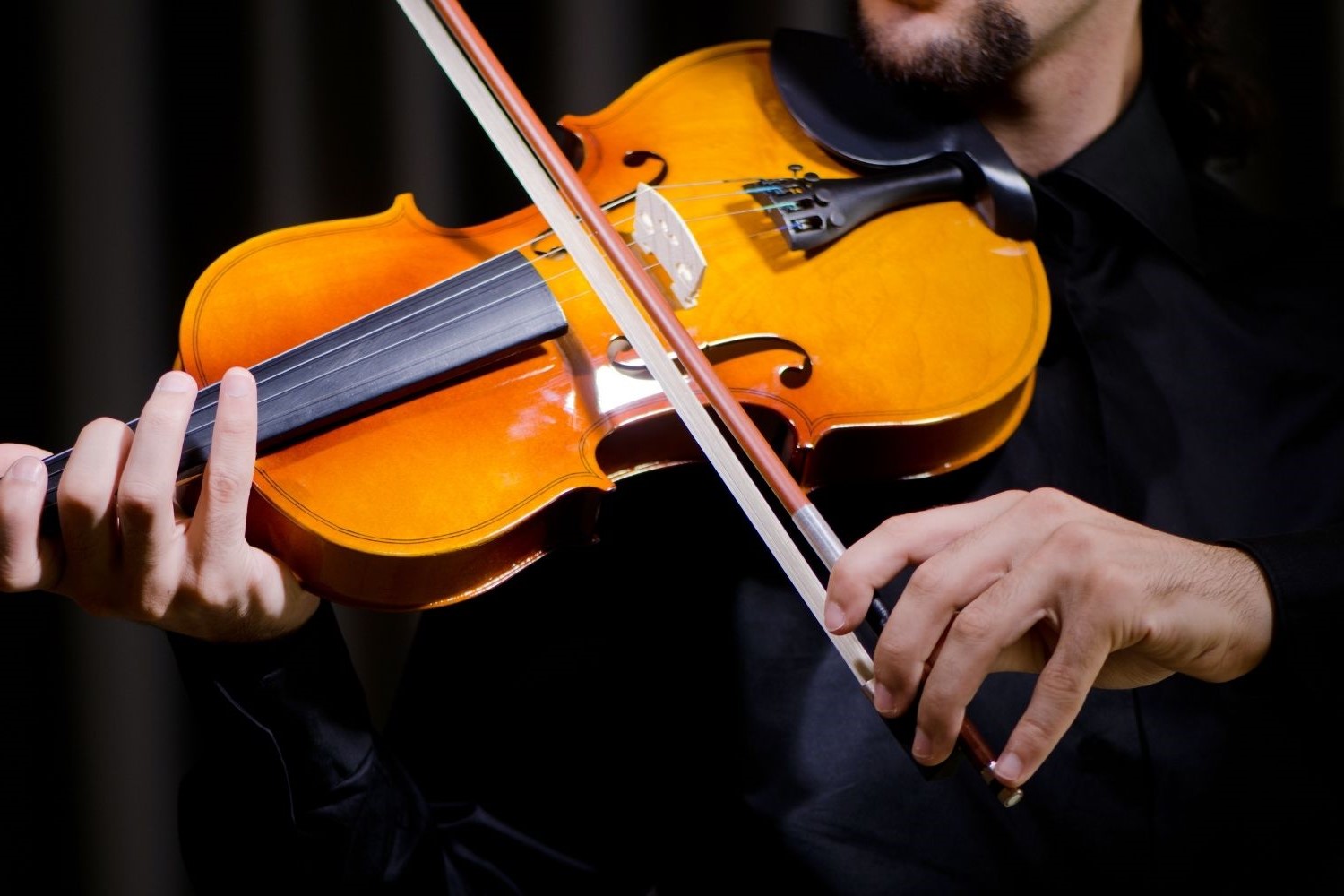
Ever wondered why fiddles get their own special day? World Fiddle Day, celebrated on May 18th, shines a spotlight on this stringed sensation, captivating hearts with its soulful melodies across various cultures. Why May 18th, you ask? Well, it's all about honoring the birthday of Antonio Stradivari, a legend in the world of string instruments. From Irish jigs to American bluegrass, the fiddle plays a pivotal role in musical traditions around the globe. So, grab your bow, and let's strike up a tune as we delve into the fascinating world of fiddles. Ready to discover some toe-tapping facts that make this day a highlight in the calendar for music enthusiasts everywhere?
Key Takeaways:
- World Fiddle Day, on May 18th, celebrates the fiddle's rich history and cultural significance, bringing musicians and music lovers together to share and enjoy its unique sounds and styles.
- World Fiddle Day highlights the fiddle's role in fostering community, preserving musical traditions, and celebrating the craftsmanship behind the instrument, ensuring its place in the world's musical heritage for years to come.
What is World Fiddle Day?
World Fiddle Day, celebrated on May 18th, is a day dedicated to appreciating and playing the fiddle, a stringed musical instrument that has played a pivotal role in the musical traditions of many cultures around the globe. This special day encourages musicians and music lovers to come together, share, and enjoy the unique sounds and styles of fiddle music.
Origins of World Fiddle Day
-
World Fiddle Day was established in 2012, making it a relatively new addition to the calendar of musical celebrations. Its creation was inspired by the desire to honor the rich history and cultural significance of the fiddle.
-
The date, May 18th, was chosen to commemorate the birthday of Antonio Stradivari, a renowned Italian luthier from the 17th century, whose Stradivarius violins are considered some of the best in the world. Although primarily known for violins, Stradivari's influence extends to the broader family of stringed instruments, including fiddles.
How People Celebrate
-
On World Fiddle Day, events range from concerts and workshops to informal jam sessions. These gatherings occur in various settings, from concert halls and music schools to public parks and even online platforms.
-
Many fiddlers take this opportunity to perform new pieces or collaborate with other musicians, showcasing the versatility and depth of fiddle music across different genres and traditions.
-
Educational workshops and masterclasses are also popular, with experienced fiddlers sharing techniques, historical contexts, and cultural stories tied to fiddle music, fostering a deeper understanding and appreciation among participants.
The Fiddle Across Cultures
-
The fiddle is central to the musical traditions of many countries, including Ireland, Scotland, the United States (especially in Appalachian and country music), and Scandinavia, each region adding its unique flair and style to the instrument's sound.
-
In Irish music, the fiddle is known for its fast-paced, lively tunes, often played at gatherings and celebrations. Scottish fiddling, on the other hand, is characterized by its expressive, sometimes mournful melodies that tell stories of the Scottish Highlands.
-
American fiddle music incorporates a wide range of influences, from African rhythms to European folk melodies, creating a rich tapestry of sounds that have contributed significantly to the development of genres like bluegrass and country music.
-
Scandinavian fiddlers, particularly in Norway and Sweden, are famous for their use of the Hardanger fiddle, a distinct variant of the instrument known for its resonant, haunting tones, made possible by sympathetic strings that vibrate under the influence of the four main strings.
The Importance of World Fiddle Day
-
World Fiddle Day serves not only as a celebration of the fiddle's musical beauty but also as a reminder of the instrument's role in fostering community and connection across cultures. It highlights the fiddle's ability to bring people together, transcending language and cultural barriers through the universal language of music.
-
The day also emphasizes the importance of preserving musical traditions and encouraging the next generation of musicians to learn and continue the legacy of fiddle music. By participating in World Fiddle Day, individuals contribute to the ongoing story of the fiddle, ensuring its place in the world's musical heritage for years to come.
-
Finally, World Fiddle Day shines a spotlight on the craftsmanship behind the instrument. From traditional luthiers to modern makers, the art of creating fiddles is celebrated, recognizing the skill and dedication required to produce instruments capable of such a wide range of expressions and emotions.
A Final Note on World Fiddle Day
Celebrating World Fiddle Day isn't just about acknowledging a musical instrument; it's a nod to the rich cultural tapestry that music weaves around the globe. From lively jigs in Ireland to soulful tunes in the Appalachians, fiddles have a way of crossing borders and bringing people together. May 18th serves as a reminder of this instrument's enduring legacy and its ability to tell stories, evoke emotions, and create connections. Whether you're a seasoned player or just a music enthusiast, there's something truly special about the day dedicated to the fiddle. So, grab a bow, find a tune, or simply enjoy the music. Let's keep the tradition alive, celebrating the diverse sounds that have shaped cultures and captured hearts worldwide.
Frequently Asked Questions
Was this page helpful?
Our commitment to delivering trustworthy and engaging content is at the heart of what we do. Each fact on our site is contributed by real users like you, bringing a wealth of diverse insights and information. To ensure the highest standards of accuracy and reliability, our dedicated editors meticulously review each submission. This process guarantees that the facts we share are not only fascinating but also credible. Trust in our commitment to quality and authenticity as you explore and learn with us.


